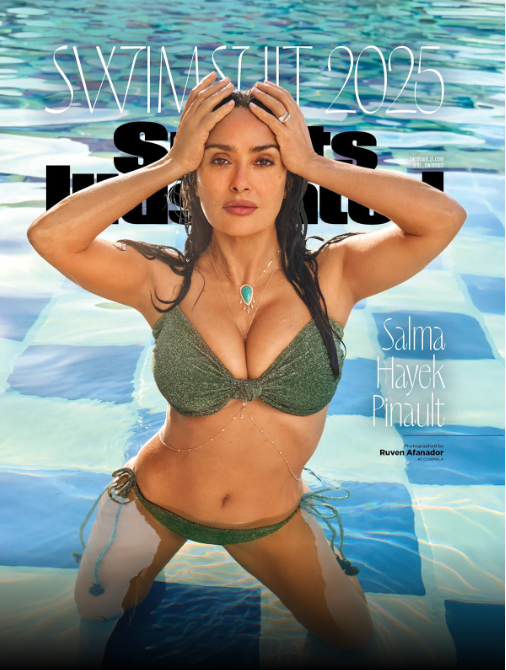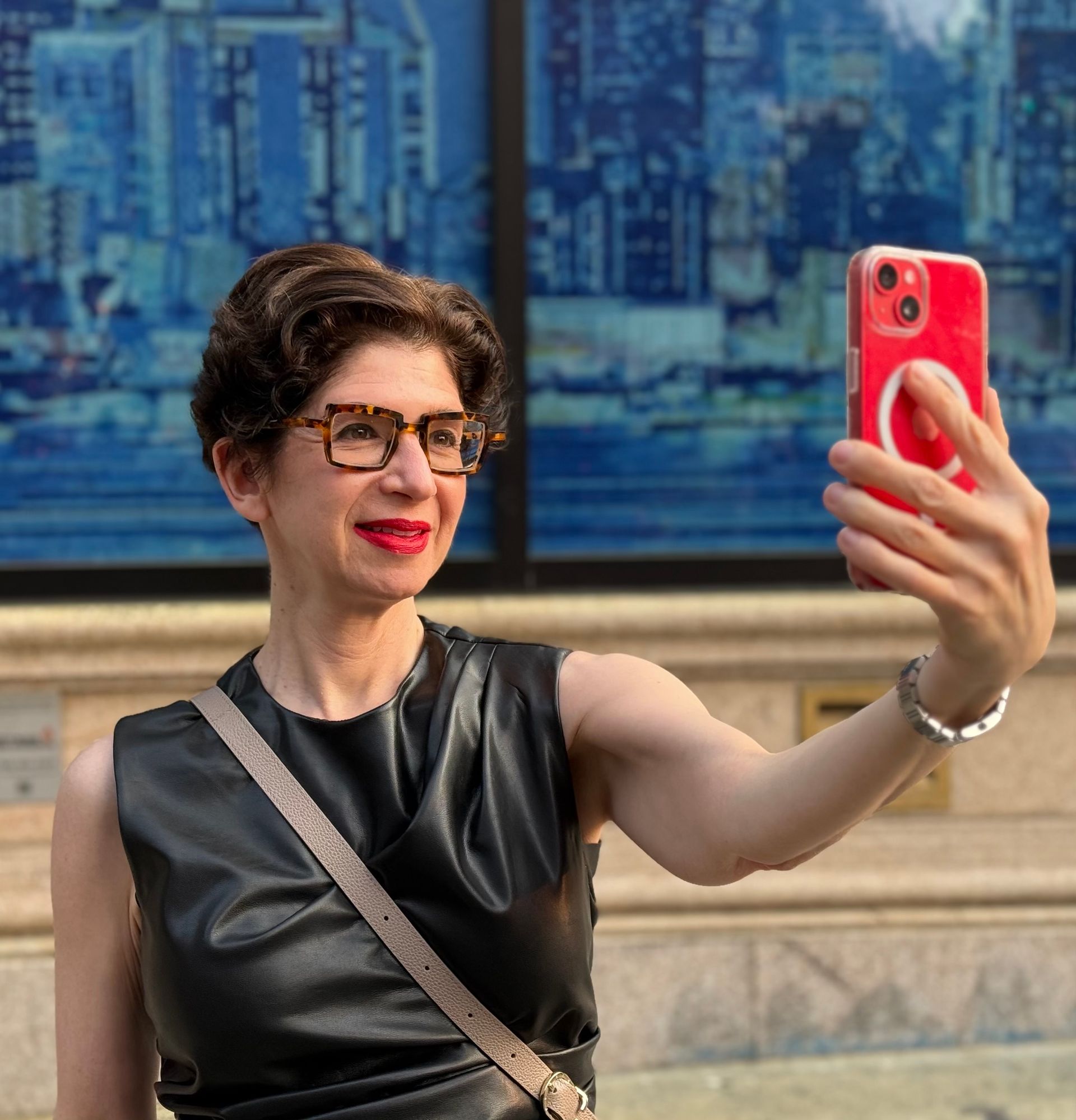Slut-shaming matters because when people are dismissed as sluts, hoes, and thots, they are denied care and compassion as human beings and in a variety of situations, including when they are sexually harassed, sexually assaulted, victimized by image-based sexual abuse ("revenge porn" and "deepfakes"), and need an abortion.
The Latest on Slut-Shaming + Bodily Autonomy
June 18, 2025
Even if you haven’t looked at the Sports Illustrated swimsuit issue in years, it continues to exert influence over beliefs about femininity, beauty, and sexiness. News outlets report on the cover-model choice with the same excitement that political junkies reserve for the surprise announcement of a political convention keynote speaker. And the magazine hosts a runway show every year at Miami Swim Week, which gets covered in sites like the Cut and USA Today. Whether or not you knew when you woke up today that the swimsuit issue still exists, there’s a good chance you’ve been exposed to its portrayal of idealized femininity.
Sports Illustrated has widened its lens to include women of color, women in their eighties, trans models, out lesbians, plus-sized women, pregnant women, and professional athletes (historically regarded as unfeminine) of differing body types. I give the magazine a lot of credit for their pro-DEI (diversity, equity, and inclusion) message, which may be among the strongest corporate support of diversity we’ve seen since Trump took office five months ago. The models are portrayed not just as photo models but as role models who are, according to the magazine, "a beacon of inspiration" enabling a "repossession of agency for the multitude of women who are able to see themselves reflected in the pages."
Nevertheless, I am troubled by the swimsuit issue because it continues to portray women in sexualized poses, served up as sexual objects, with their sexuality as their primary currency—suggesting that being sexy is the most important thing about them. Throughout the pages, they express excitement over being judged sexy enough to be chosen and, as gymnast Jordan Chiles said, it was "a dream come true."
Here’s how Salma Hayek Pinault, the 58-year-old Lebanese-Mexican actor, reacted when she learned that she was invited to pose as a cover model:
“It’s so bizarre! … I’m nearly 60! At this stage, it wouldn’t have crossed my mind. The first thing you get is—what is that word?—imposter syndrome. … I thought there was a catch… Having been invited to this club that I never thought I would be a part of. I kind of wanted to cry.”
And then, she told the magazine, to prepare for the photo shoot, she went on a diet and added ankle weights to her exercise routine.

I have empathy for women who are sexualized against their will and who seize control over their image to take back their bodily autonomy. And I bet that for many of the models in these pages, indeed that has been their experience. But that is not the narrative of the swimsuit issue. In these pages, the story told is about pride and joy over being regarded as sexy and hot.
Imagine if instead Hayek Pinault had said that she feels comfortable with her body; is fulfilled by her work as a director, producer, and actor; wishes that all women, particularly women of color, could wear what they want without fear of victim-blaming; and, to celebrate being asked to participate in the issue, ate a pint of ice cream.
No one should be held up as a role model solely because other people think they're hot. That a wider range of women is considered hot is not progress.
